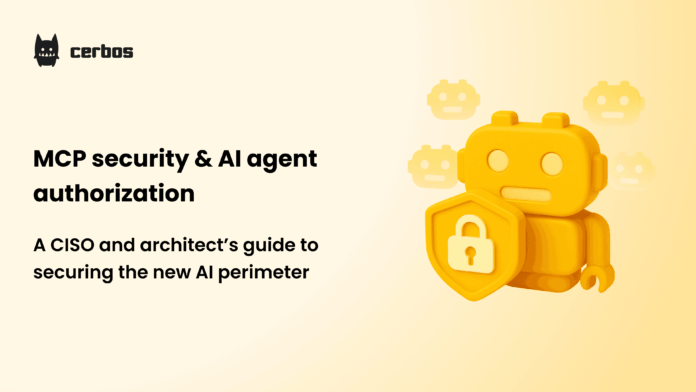Navigating the Security Landscape of AI with Externalized Authorization
As organizations adopt AI solutions, a new vulnerability emerges: the Model Context Protocol (MCP) server, a powerful component that unintentionally expands the attack surface. When AI agents act using their own credentials, they can bypass traditional security protocols, leading to potential data leaks.
Key Insights:
- MCP Servers:
- Operate with broad permissions, risking unauthorized data access.
- Represent a significant design flaw in AI security architecture.
- Authorization Challenges:
- Role-Based Access Control (RBAC) and hardcoded logic fail to meet dynamic AI demands, leading to broad permissions and management chaos.
A Modern Solution:
- Externalized Authorization:
- Streamlines security while maintaining compliance and governance.
- Integrates a centralized Policy Decision Point (PDP) for robust, verifiable access control.
Transformation for CISOs & Architects:
- Governance: Centralized control facilitates easy auditing of access.
- Efficiency: Clean architecture reduces technical debt, allowing for faster innovation.
Act Now: Don’t wait for a data leak. Explore our eBook, “Zero Trust for AI: Securing MCP Servers,” or try Cerbos Hub to enhance your AI’s security framework. Share your thoughts and let’s drive a conversation on securing AI!
